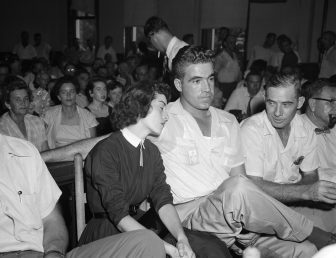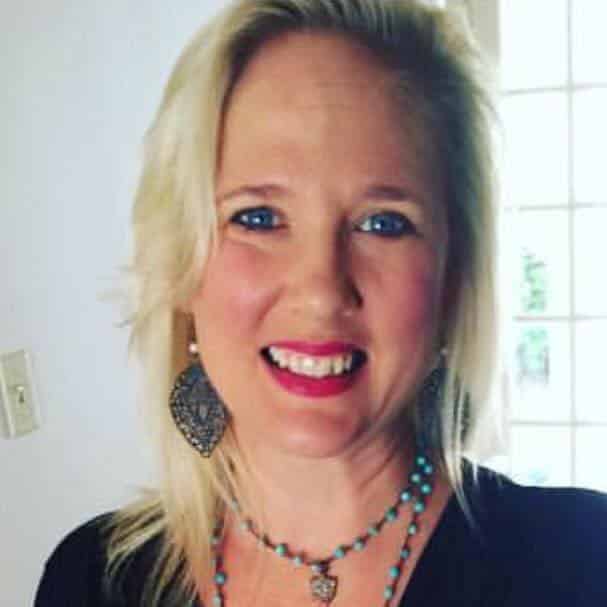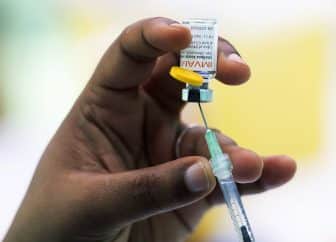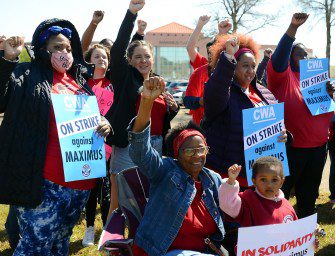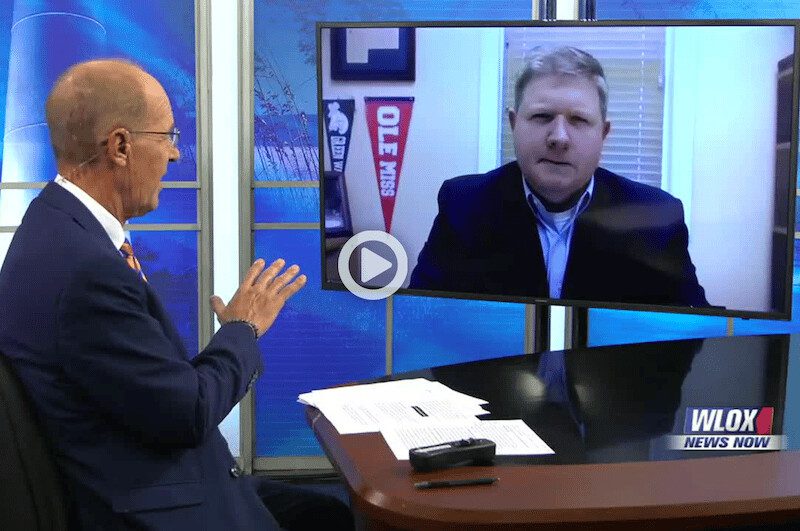By: Sid Salter
Mississippi Republican U.S. Sens. Roger Wicker and Cindy Hyde-Smith are in near-lockstep on their votes – skewing conservative on fiscal and social issues and reflecting the views of their conservative Mississippi constituencies.
But on the matter of the CHIPS and Science Act, Wicker and Hyde-Smith found themselves on opposite sides of the legislation. Wicker voted in favor of it. Hyde-Smith voted against it.
The split vote of Mississippi’s U.S. Senate delegation becomes even more interesting when one considers that a year earlier, Wicker and Hyde-Smith were united as signatories on a bipartisan letter calling on President Joe Biden to increase U.S. semiconductor production in reaction to the global computer chip shortage after the COVID pandemic, the war in Ukraine, and the tenuous global semiconductor supply chain.
The original legislation under U.S. Senate consideration was a measure that would have provided $52 billion in subsidies/incentives to encourage chipmakers to open U.S. semiconductors production/fabrication plants. The bill that passed the Senate, the House and went to Biden’s desk was a much larger, more expansive legislation that analysts put in the $280 billion range to supercharge research and development for America’s domestic semiconductor industry and to fuel direct competition with China in these economic sectors.
Fleishmann Hilliard senior vice president Matthew Caldecutt – in guiding communications professionals to be able to discuss the complex, 1,000-page plus legislation, wrote on August 1: “The CHIPS and Science Act is primarily a way to directly pay semiconductor companies for setting up semiconductor fabrication plants – or “fabs” – and making future investments in the U.S. It sets aside around $50 billion for semiconductor companies with $39 billion to build, expand or modernize domestic facilities, and $11 billion for research and development. Another $2 billion will help fund other areas of the semiconductor industry – education, defense and future innovation.”
But that definition misses the mark of the full scope of the CHIPS and Science Act – in which Congress authorizes but has not finally appropriated some $81 billion for National Science Foundation research over five years, another $11 billion for U.S. Commerce Dept. Technology Hubs, and $9 billion for National Institute for Standards and Technology. In short, the NSF authorization could be the largest – if they are indeed finally appropriated – funding increase since the agency’s 1950 inception.
So, Hyde-Smith’s immediate concerns over the bill’s deficit spending and national debt impact have a basis. But what then of Wicker’s vote supporting the CHIPS Act? Wicker’s gutsy vote took the long and globally strategic view that the U.S. must not be dependent on our adversaries.
The Semiconductor Industry Association defines semiconductors as the brains of modern electronics, “enabling advances in medical devices and health care, communications, computing, defense, transportation, clean energy, and technologies of the future such as artificial intelligence, quantum computing, and advanced wireless networks.”
While the U.S. semiconductor industry remains a worldwide leader with $258 billion in sales (2020) and over 250,000 employees, competition from Taiwan, China and South Korea is substantial and growing. As it was in shipbuilding after World War II, America has seen the substantial offshoring of semiconductor fabrication and that trend is growing exponentially.
The U.S. has the most powerful Navy in the world – yet no less than a Pentagon report verifies that the Peoples’ Republic of China has the largest navy in the world, with an overall battle force of approximately 350 ships and submarines. In comparison, the U.S. Navy’s battle force was approximately 293 ships as of early 2020.
In June, the Center for Strategic and International Studies offered this bipartisan assessment: “All major U.S. defense systems and platforms rely on semiconductors for their performance. Consequently, the erosion of U.S. capabilities in microelectronics is a direct threat to the United States’ ability to defend itself and its allies.
“Moreover, the U.S. civilian economy is deeply dependent on semiconductor-based platforms for its daily operations. Ensuring U.S. leadership in semiconductor technology and securing the integrity of the value chains that design, manufacture, package, and distribute these chips are perhaps the preeminent economic and national security concerns of the modern era,” the CSIS concluded.
Doubt it? The average new automobile in the U.S. has over 1,000 computer chips. Now think about military planes, ships, tanks, or NORAD monitoring. Technology and global politics make growth in high-end semiconductor fabrication and research a matter of national security.





